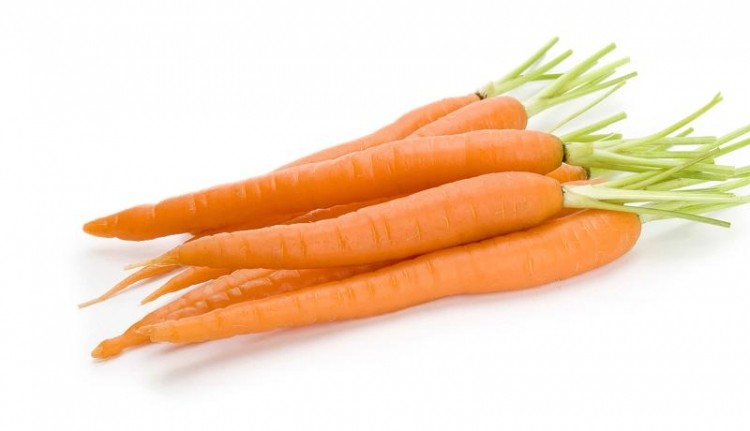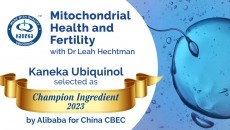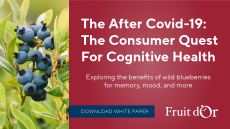Carotenoid consumption could benefit ALS risk

Increased consumption of colourful carotenoid compounds, particularly beta-carotene and lutein, could help to delay or even prevent the onset of ALS, say the US-based scientists writing in Annals of Neurology.
ALS is a form of motor neurone disease also known as as Lou Gehrig's disease.
Led by Professor Alberto Ascherio from Harvard School of Public Health, USA, the team assessed pooled data from five previous cohort studies to investigate whether intake of various dietary compounds were associated with the prevention of ALS after previous research suggested a role for oxidative stress in the development of the condition and a possible benefit from
"Understanding the impact of food consumption on ALS development is important,” said Ascherio. “Our study is one of the largest to date to examine the role of dietary antioxidants in preventing ALS."
"Our findings suggest that consuming carotenoid-rich foods may help prevent or delay the onset of ALS,” he said.
The team also revealed that their data found no link between ALS onset and the consumption of nutrients including lycopene, beta-cryptoxanthin, and vitamin C. However Ascherio said that further food-based analyses are needed to fully examine the impact of dietary nutrients on ALS.
Study details
The Harvard researchers used prospective cohort data from more than one million people involved in five large-scale studies: the National Institutes of Health (NIH)–AARP Diet and Health Study, the Cancer Prevention Study II-Nutrition Cohort, the Multiethnic Cohort, the Health Professionals Follow-up Study, and the Nurses' Health Study
The participants were categorised into specific groups related to their intake for certain dietary variables – including carotenoids, lycopene, and vitamin C.
In the five studies, the team identified a total of 1,093 ALS. They revealed that a greater total carotenoid intake was linked to reduced risk of ALS, specifically that those with diets high in beta-carotene and lutein—found in dark green vegetables—had a lower risk ALS risk.
However, Ascherio and his team did not find that lycopene, beta-cryptoxanthin, and vitamin C reduced the risk of ALS. Long-term vitamin C supplement intakes were also not associated with lower ALS risk, they said.
Source: Annals of Neurology
Published online ahead of print, doi: 10.1002/ana.23820
“Intakes of vitamin C and carotenoids and risk of amyotrophic lateral sclerosis: Pooled results from 5 cohort studies”
Authors: Kathryn C. Fitzgerald, Éilis J. O'Reilly, Elinor Fondell, Guido J. Falcone, et al
















